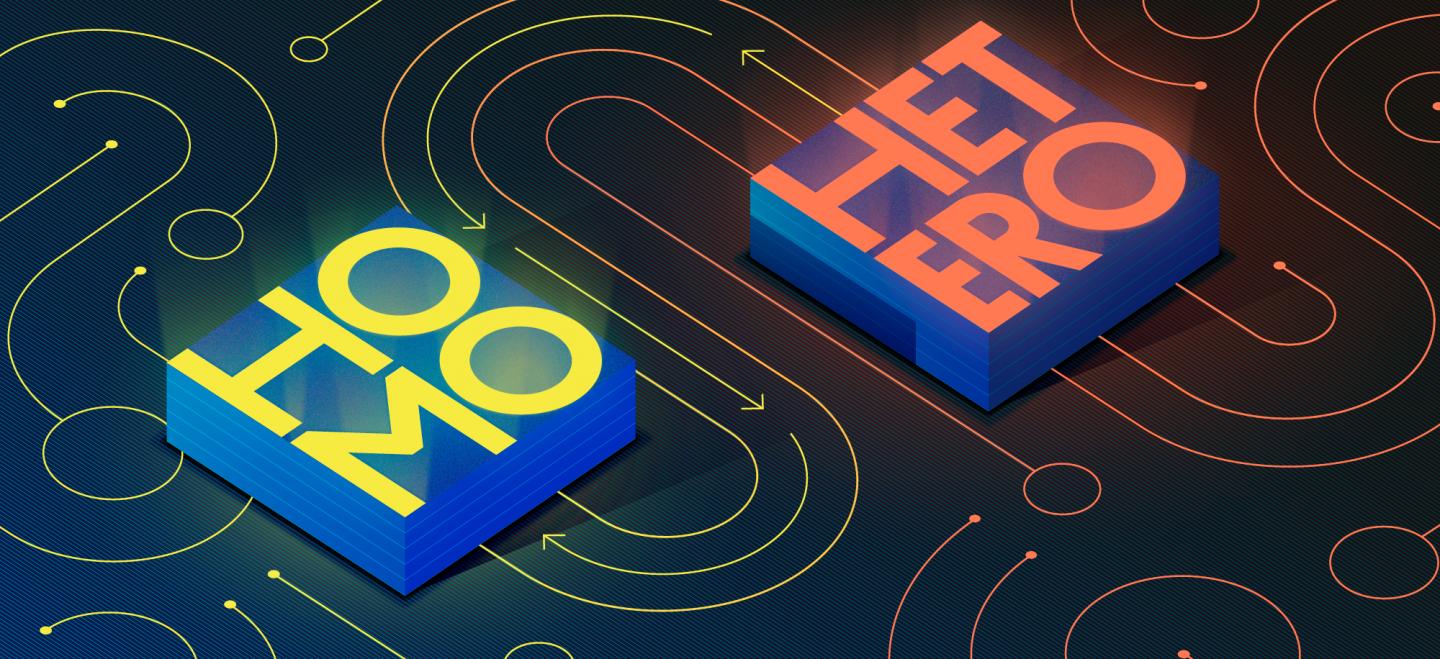Superinjection is a physical effect that underlies modern LEDs and lasers and was believed to occur only in semiconductor heterostructures in the past. Recently, researchers from the Moscow Institute of Physics and Technology (MIPT) have found that the effect can also occur in homostructures, which opens up new prospects for the development of light sources.
In the 1960’s, Zhores Alferov and Herbert Kroemer proposed to use heterostructures, which consist of two or more complementary semiconductors to generate wider bandgaps, enabling the concentration of electrons and holes in the middle layer to reach higher values. The effect, known as superinjection, allows semiconductors to emit light with frequent recombination of electrons and holes (the free charge carriers in any semiconductor). The technology is the basis of modern semiconductor lasers and LEDs.

(Image: MIPT)
In a research published in February 21 in the journal Semiconductor Science and Technology, Igor Khramtsov and Dmitry Fedyanin from the MIPT discovered that it is possible to achieve superinjection with just one material and most of the known semiconductors can work with the method. They predict a superinjection effect in diamond p-i-n diodes that allows for the injection of orders of magnitude more electrons into the i-region of the diode than doping of the n-type injection layer allows.
"In the case of silicon and germanium, superinjection requires cryogenic temperatures, and this casts doubt on the utility of the effect. But in diamond or gallium nitride, strong superinjection can occur even at room temperature," Dr. Fedyanin said. This means that the effect can be used to create mass market devices. According to the new paper, superinjection can produce electron concentrations in a diamond diode that are 10,000 times higher than those previously believed to be ultimately possible. As a result, diamond can serve as the basis for ultraviolet LEDs thousands of times brighter than what the most optimistic theoretical calculations predicted. "Surprisingly, the effect of superinjection in diamond is 50 to 100 times stronger than that used in most mass market semiconductor LEDs and lasers based on heterostructures," Khramtsov pointed out.
According to the researchers, superinjection should be possible in a wide range of semiconductors, from conventional wide-bandgap semiconductors to novel two-dimensional materials. The technology breakthrough paves the way for designing highly efficient blue, violet, ultraviolet, and white LEDs, as well as light sources for optical wireless communication (Li-Fi), new types of lasers, transmitters for the quantum internet, and optical devices for early disease diagnostics.












